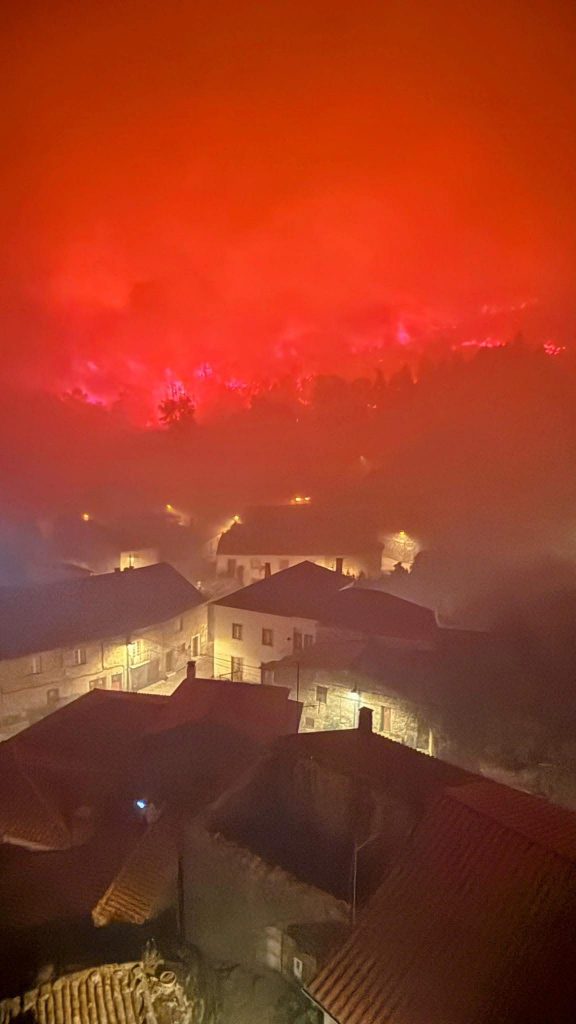
When we think about grief we usually focus on personal loss. The death of someone and the sense of loss that death causes. It’s maybe not difficult to see how a celebrant can have a role in channelling and giving voice to that grief. And how the celebrant’s work can be of some comfort and help.
But grief can have a much wider context. In his book “The Wild Edge of Sorrow”, Francis Weller describes five gates of grief, and number three is The Sorrows of the World.
It’s not that hard to see why people might be suffering from the sorrows of the world. You only have to go for a walk in Scotland in winter to see how the climate is changing. And every day brings troubling news of lost habitats, of nature disrupted, of extinctions. Add to that the continuing horror of war and we have true cause for sorrow.
Of course there has always been disruption, there have always been wildfires, species have always become extinct, patterns of climate and weather have always changed. And throughout our history we have waged war on each other and on our land.
But there is something about the accelerating pace and intensity of change that is marking out this moment. And so many people feel this – consciously or not. This great grief, or Earth Grief is becoming the backdrop of our lives.
Can a celebrant do anything about this?
I hope to use some of the experience I have gained through nearly seven years of working with bereaved people to at least try to find ways to mark these losses. It might be the loss of a green space to “development”, or the felling of a much loved tree, or the terrible aftermath of wildfires. All these losses affect communities and maybe we need to acknowledge and mourn these losses in new forms of ceremony.
I especially want to find ways to express these losses that are meaningful to most ordinary people. I think all too often the language of environmental loss is too remote and too abstract. I have made a small start to this work by interviewing a good friend from Portugal who witnessed the aftermath of this summer’s devastating wildfires and their impact on the very identity of rural communities.
If you are interested in exploring some of these ideas with me please do get in touch. I would love to find ways to collaborate.
Michael Hannah, Dundee, November 2025

